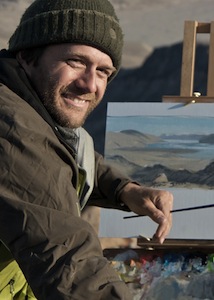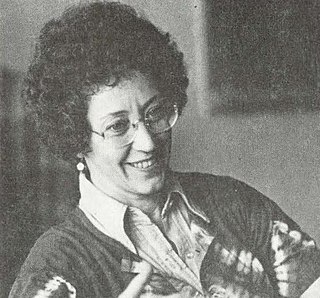A Quote by Minor White
I have often photographed when I am not in tune with nature but the photographs look as if I had been. So I conclude that something in nature says, 'Come and take my photograph.' So I do, regardless of how I feel.
Quote Topics
Related Quotes
It is a nostalgic time right now, and photographs actively promote nostalgia. Photography is an elegiac art, a twilight art. Most subjects photographed are, just by virtue of being photographed, touched with pathos. ... All photographs are memento mori. To take photograph is to participate in another person's mortality, vulnerability, mutability. Precisely by slicing out this moment and freezing it, all photographs testify to time's relentless melt
I have a hunch that our obsession with photography arises from an unspoken pessimism; it is our nature to believe the good things will not last. . . But photos provide a false sense of security> like our flawed memory, they are guaranteed to fade. . . . We take photographs in order to remember, but it is in the nature of a photograph to forget (pg 157)
Photographs bear witness to a human choice being exercised in a given situation. A photograph is a result of the photographer's decision that it is worth recording that this particular event or this particular object has been seen. If everything that existed were continually being photographed, every photograph would become meaningless.
As I look back on my fondness for the outdoors, and specifically the elements in nature that I find visually stimulating, I am surprised at how often the theme of dead trees arise. I guess it's that each one seems to have a story of its own, representing many years of living through everything that nature could throw at them.
If you photograph for a long time, you get to understand such things as body language. I often do not look at people I photograph, especially afterwards. Also when I want a photo, I become somewhat fearless, and this helps a lot. There will always be someone who objects to being photographed, and when this happens you move on.
After I have photographed the way I like to, I feel as I might if I had been making love all day, marvelous and exhausted and wanting to collapse on the floor in a heap. That's why I can't photograph just anybody, and why it's so hard to photograph people on assignment; it's like going to bed with someone not of my choosing.
They [photographs] teach you about your own unraveling past, or about the immediacy of yesterday. They show you what you look at. If you take a photograph, you've been responsive to something, and you looked hard at it. Hard for a thousandth of a second, hard for ten minutes. But hard, nonetheless. And it's the quality of that bite that teaches you how connected you were to that thing, and where you stood in relation to it, then and now.
[When] I am taking a photograph, I am conscious that I am constructing images rather than taking snapshots. Since I do not take rapid photographs it is in this respect like a painting which takes a long time where you are very aware of what you are doing in the process. Exposure is only the final act of making the image as a photograph.
In a world where the 2 billionth photograph has been uploaded to Flickr, which looks like an Eggleston picture! How do you deal with making photographs with the tens of thousands of photographs being uploaded to Facebook every second, how do you manage that? How do you contribute to that? What's the point?

































